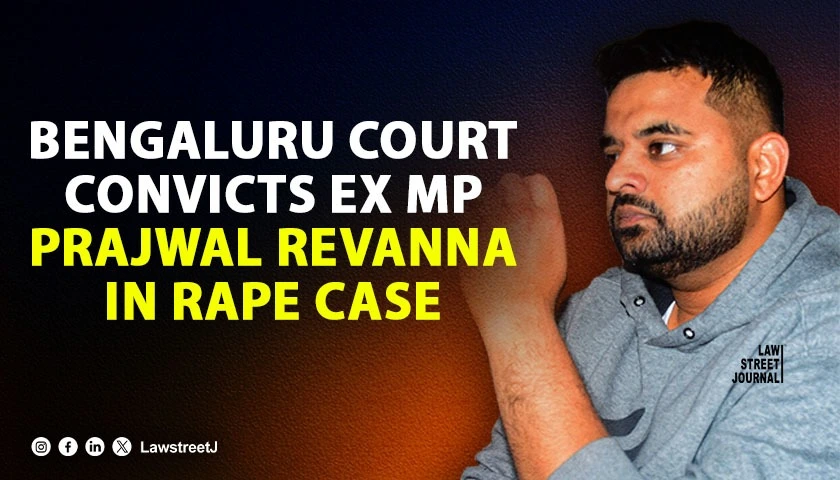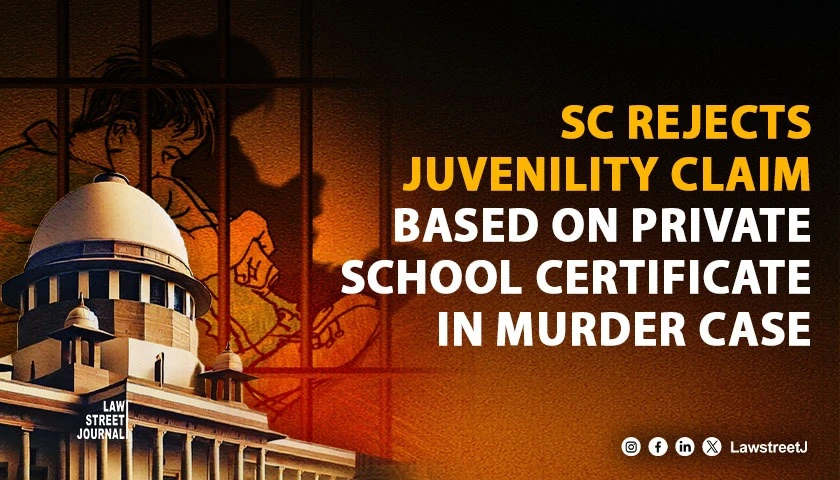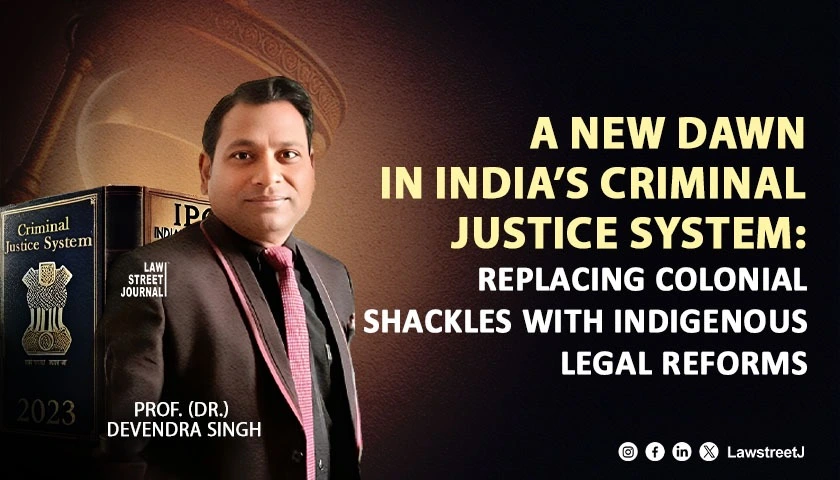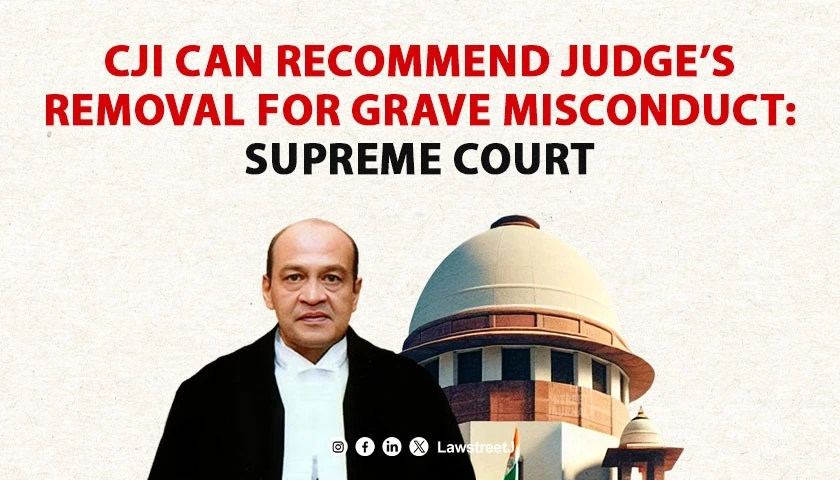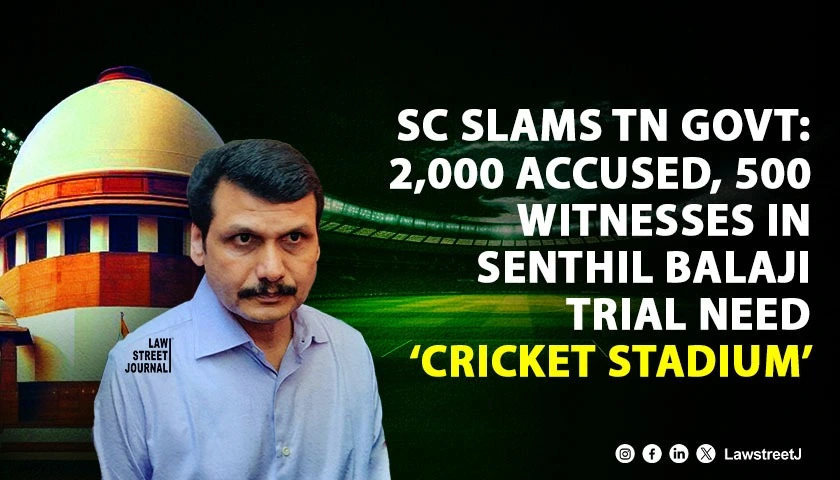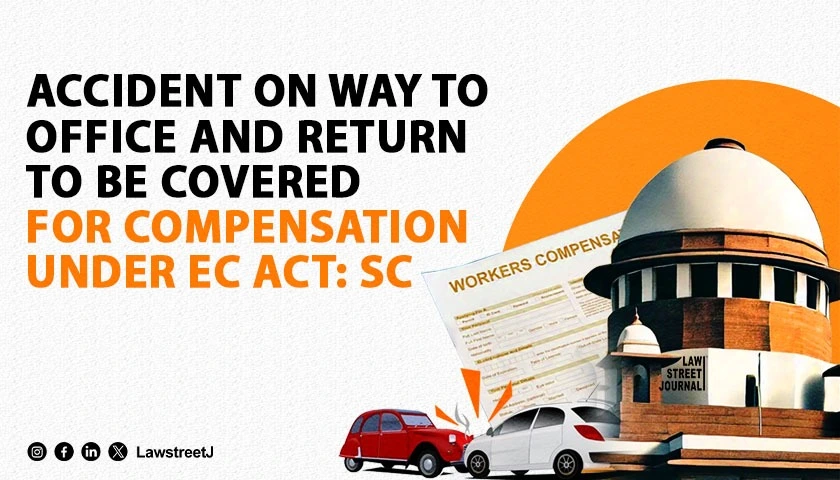NEW DELHI: The Supreme Court on Friday issued notice to the Centre and all States on a PIL for adopting uniform and fair compensation policy for victims of mob lynching in the country in accordance with the directions issued by the top court in the Tehseen Poonawalla case (2018).
A bench of Justices K M Joseph and B V Nagarathna decided to examine the plea filed by Indian Muslims for Progress and Reforms, contending that the ex-gratia compensation for victims of hate crimes and mob lynching was "whimsical, discriminatory and arbitrary", besides being "meagre".
The court sought response from the Centre and States within eight weeks.
"The respondents (Centre and States) are directed to file their respective affidavits with regard to the implementation of the directions issued in the case (2018) and the manner in which it has been done," the court said.
The plea claimed in most of the cases, ex gratia compensation depended on extraneous factors like media coverage, political imperatives and the victims religious identity.
This was violation of the right to equality and non discrimination, it contended.
The petitioner sought a direction for amending the existing compensation schemes, framed following the top court's decision in Tehseen Poonawalla case.
Referring to recent incidents of mob attacks, the petitioner contended trauma caused by such hate crimes had long lasting impact upon the victims.
In his submission, the counsel for the petitioners drew attention of the court to the pertinent passage in the judgement wherein it was directed that the States shall frame a scheme for the purpose of providing victim compensation in cases of lynching/mob violence under Section 357A of the Code of the Criminal Procedure Code.
He submitted that certain States have formulated a scheme while many of the States have not done so till date.
It was further submitted that the said judgement had given guidelines as to the manner in which the victim compensation scheme had to be formulated inasmuch as the State Governments have to give due regard to the nature of the bodily injury, psychological injury and loss of earnings including other opportunities such as loss of educational opportunities and expenses incurred on account of the suffering due to the mob lynching/ mob violence.
The petitioner claimed his endeavour was to seek implementation of the directions issued by this court in the judgement and further to have as far as possible a uniform policy for grant of ex gratia compensation to the victims of hate crime/ mob lynching.
On August 18, 2022, the top court had declined to consider a plea by advocate Ashwini Kumar Upadhyay and former Delhi MLA Kapil Mishra for framing guidelines for compensation to victims of wrongful prosecution against those making fake complaints in criminal cases, saying the issue fell in legislative domain.
In its response, the Ministry of Home Affairs had said there is a provision under Section 357 of Criminal Procedure Code for the courts to order payment to any person of compensation for any loss or injury caused by the offence. Section 357A of CrPC required that every state government in coordination with the central government shall prepare a scheme for compensation to the victim or his dependents who has suffered loss or inquiry as a result of crime.
It has also said there is a defined process of law in criminal cases. A person is acquitted or convicted through judicial process with adequate checks and balances, it had said.

![Mob lynching/ Hate Crimes: SC notice to Centre, States on plea for fair compensation policy [Read Order]](/secure/uploads/2023/04/lj_4083_9238c809-e3d0-4ea0-ae56-f46441c84883.jpg)

